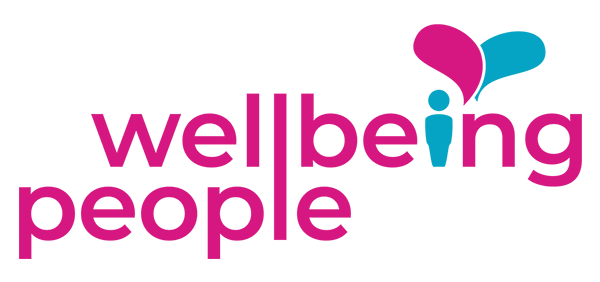With the rise of evolving technology and accelerated globalisation in the 21st century, we are constantly on the go and are finding it even harder to switch off. So it is not surprising that many people’s work-life balance is out of kilter!
This is having devastating consequences on our health. Not relaxing or having any downtime to do the things we enjoy can lead to insomnia, burn-out, auto-immune disease, and mental health problems including anxiety and depression.
People tend to think about the consequences of a poor healthy work-life balance only after they have become run down and unwell. This is usually due to the pressure and expectation they put on themselves to remain productive.
15 TIPS TO CREATE A BETTER WORK-LIFE BALANCE
First things first, take the time to make your health and wellbeing your top priority. You may not feel like you have the time to do this. However, it will make a huge difference to your work-life balance. It will help you reach your personal wellbeing goals and be more productive at work.
- 1Make your wellbeing a priority. Make a promise to yourself to find the time for self-care.
- 2Planning – create a daily to-do list; one for work and one for personal time. Studies have shown that people perform better when they have written down what they need to do. To-do lists help to reduce anxiety and chaos in your mind as they give us structure and a plan to stick to, as well as a sense of achievement!
- 3Manage your commotion. Avoid any emotional tension before bed: leave stressful conversations or situations to daytime if possible! Being stressed will raise your cortisol levels, a hormone that stimulates alertness and vigilance. It also raises heart rate and blood pressure which in turn will affect your sleep. Typically, your cortisol levels fall in the evening hours in natural preparation for sleep.
- 4Learn to say no. This will allow you to choose where you put your time and energy.
- 5Have a tech-free lunch break (at least 20 minutes). You will be calmer, more productive, and less stressed.
- 6Talk to your line manager if you are struggling at work. Finding a better work-life balance shouldn’t just be down to you. Your workplace should also help too by encouraging a culture of openness so you can speak up if you’re under too much pressure. Of course, it can be difficult or impossible to stand up for yourself at work if you’re precariously employed or worried about losing your job. It might be a good idea you know your rights before addressing any issues.
- 7Have a daily practice of stillness. Regularly taking time to be still gives you space allowing you to focus on your thoughts and how you feel. It helps to calm the mind and soothe the nervous system.
- 8Walk at least 10,000 steps per day. Movement and physical activity are essential for our health and wellbeing.
- 9Have a no-email evening and weekend rule (if you work office hours). The always-on culture with high expectations to monitor and respond to emails during non-work time may prevent employees from ever fully disengaging from work. This can create health issues such as chronic stress, emotional exhaustion and fatigue due to too many responsibilities after standard work hours. Consider setting up a WhatsApp or similar messaging system to be used only in a critical or emergency situation at work.

- 10Book in short conversations with your colleagues during your working day. A positive workplace environment reduces stress, raises morale and increases productivity.
- 11Schedule in time to spend with your friends and/or family at least once a month. Spending time with friends and family increases our sense of belonging and purpose which increases our happiness and reduces our stress. They can also help you to celebrate good times and provide support during times that are not so good.
- 12Invest in relationships. Being connected with others in meaningful ways can help us support our own mental health and wellbeing, and that of others.
- 13Eat one meal per day around the table at home without an e-device. This helps with mindful eating and reduces the chances of over-eating as you are not distracted by a device. Also, eating with a friend, family or loved one also helps to reconnect after a busy day.
- 14Ask for help. Asking for help can show strength, not weakness as it enables you to surround yourself with people who can make you feel good and facilitate further development.
- 15Find something to do twice a week, that you love and that is just for you. Making the time to do something that you love and enjoy helps to ease your stress, lift your mood, and if it involves others, connect socially.
Rest is not works opposite. Rest is works partner. Each one sustains the other - Alex Soojung-Kim Pang
Work-life balance means something different to every individual.
It’s not just about evenly splitting your time between work and home life, It is about making sure you feel fulfilled and content in both areas of your life.
For more information on how to upgrade lifestyle habits and be more productive at work, take a look at our Habits for Health Programme.
This online wellbeing programme teaches people how to upgrade their mindset, nutrition, movement and lifestyle habits in an easy-to-follow 12-session process that fits into even the busiest of lives. Conscious choices and consistent implementation support significant improvements in our health and wellbeing.
Our winning formula is simplicity – we believe it’s the small things you do every day that result in life changing long-term transformations.
